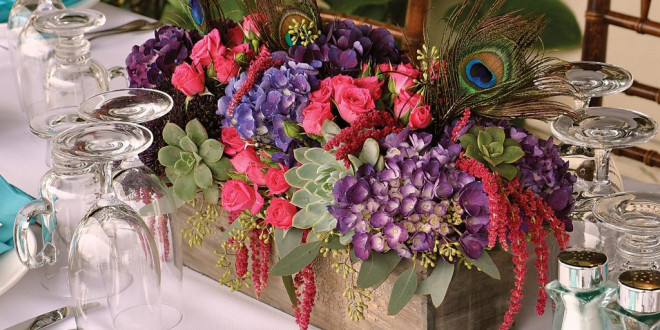[ad_1]
While expectations are changing in modern weddings, the traditional wedding budget and the breakdown of who pays for what is fairly straightforward. In the United States, Europe, and most western cultures, the bride’s family traditionally bears the brunt of the wedding cost. The following are the costs typically paid for by each of the primary people involved in a wedding. These are not hard and fast rules, and they vary a little from country to country, but they are the most common.
The Bride’s Family
The bride’s family, as we said, traditionally pays for the bulk of the wedding. This may be based on the old custom of paying a dowry. In other cultures, such as in Asia, it is the groom’s family that pays for most expenses. Here are the main items the bride’s parents pay for in Western society:
- Invitations and wedding announcements
- The bride’s wedding gown, shoes, accessories, hair and makeup
- A wedding planner or consultant
- The whole reception, including site for ceremony and reception, food, decorations, rentals, wedding favors, wedding cake, photographer, videographer, music and entertainment, and all gratuities
- Transportation for the wedding party
- Gifts for the couple
The Groom’s Family
The groom’s family still has a fair amount of expenses to cover, albeit significantly less than the bride’s. These are the items the groom’s parents’ are traditionally responsible for:
- A rehearsal dinner
- The marriage license and officiant
- The bride’s bouquet (and usually those of the bridesmaids)
- The men’s boutonnieres
- The honeymoon
- Drinks at the reception
- Shipping the gifts to the newlyweds’ home, if needed
- Gifts for the bride and groom
Bride and Groom
The bride and groom are expected to pay for at least a few things themselves. However, depending on their finances, their parents may help out. They are typically responsible for:
- Wedding rings for each other
- Presents for each other
- Gifts for maid of honor, bridesmaids, best man, and groomsmen
- It is also appropriate to get gifts for their parents, since they are contributing so much
Maid of Honor, Best Man, Bridesmaids and Groomsmen
The rest of the wedding party, except for other family such as grandparents, have specific financial responsibilities as well. Depending on the couple’s preferences, these can sometimes get a little expensive. If you are invited to participate, hopefully your bride/groom will be sensitive to this. These are the costs you would be expected to cover:
- Bridal shower and bachelorette party/hen night (done by the maid of honor, but bridesmaids can help)
- Bachelor party/stag night (typically done by the best man, but groomsmen can help)
- Your own dresses/suits, shoes, and accessories (except for bouquets and boutonnieres)
- Presents for the couple
A few debatable expenses are the drinks at the reception and accommodation for out-of-town members of the wedding party. Many people say that the groom’s family is responsible for the drinks at the reception. For accommodation of the wedding party, it is common for the bride or groom’s family to pay in order to alleviate the expense for them.
Luckily for parents today, only about a third of weddings are paid for primarily by the bride’s family. It is far more common for the cost to be split more equally between bride’s family, groom’s family, and the couple themselves. For couples who are a little older and more financially secure, often they are paying for it themselves.
[ad_2]
Source by Sharyn Sheldon

